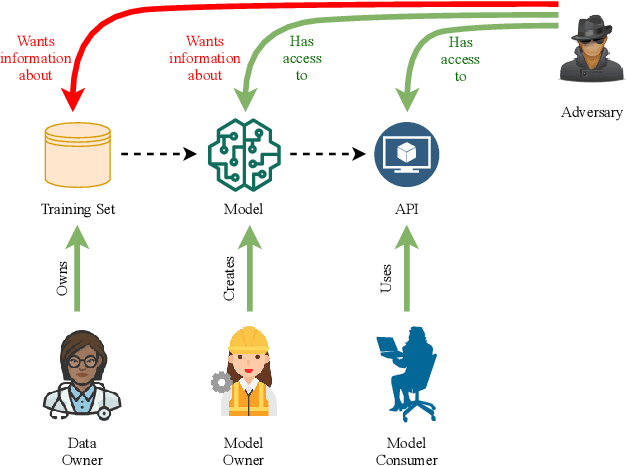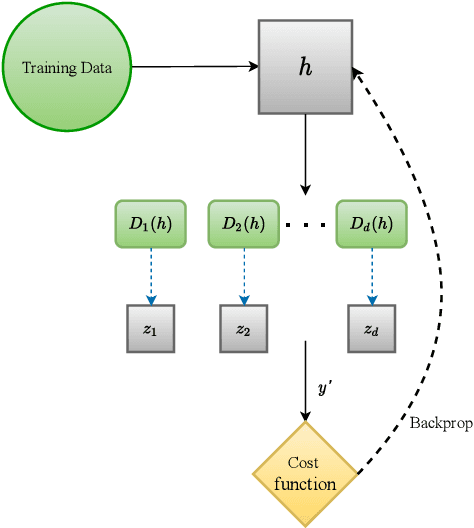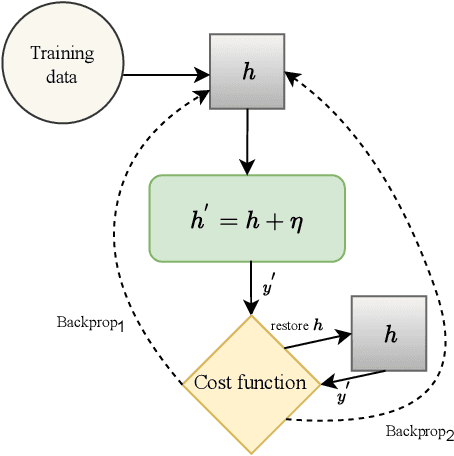Jenny Yang
Deep Reinforcement Learning for Multi-class Imbalanced Training
May 24, 2022



Abstract:With the rapid growth of memory and computing power, datasets are becoming increasingly complex and imbalanced. This is especially severe in the context of clinical data, where there may be one rare event for many cases in the majority class. We introduce an imbalanced classification framework, based on reinforcement learning, for training extremely imbalanced data sets, and extend it for use in multi-class settings. We combine dueling and double deep Q-learning architectures, and formulate a custom reward function and episode-training procedure, specifically with the added capability of handling multi-class imbalanced training. Using real-world clinical case studies, we demonstrate that our proposed framework outperforms current state-of-the-art imbalanced learning methods, achieving more fair and balanced classification, while also significantly improving the prediction of minority classes.
Privacy-aware Early Detection of COVID-19 through Adversarial Training
Jan 09, 2022



Abstract:Early detection of COVID-19 is an ongoing area of research that can help with triage, monitoring and general health assessment of potential patients and may reduce operational strain on hospitals that cope with the coronavirus pandemic. Different machine learning techniques have been used in the literature to detect coronavirus using routine clinical data (blood tests, and vital signs). Data breaches and information leakage when using these models can bring reputational damage and cause legal issues for hospitals. In spite of this, protecting healthcare models against leakage of potentially sensitive information is an understudied research area. In this work, we examine two machine learning approaches, intended to predict a patient's COVID-19 status using routinely collected and readily available clinical data. We employ adversarial training to explore robust deep learning architectures that protect attributes related to demographic information about the patients. The two models we examine in this work are intended to preserve sensitive information against adversarial attacks and information leakage. In a series of experiments using datasets from the Oxford University Hospitals, Bedfordshire Hospitals NHS Foundation Trust, University Hospitals Birmingham NHS Foundation Trust, and Portsmouth Hospitals University NHS Trust we train and test two neural networks that predict PCR test results using information from basic laboratory blood tests, and vital signs performed on a patients' arrival to hospital. We assess the level of privacy each one of the models can provide and show the efficacy and robustness of our proposed architectures against a comparable baseline. One of our main contributions is that we specifically target the development of effective COVID-19 detection models with built-in mechanisms in order to selectively protect sensitive attributes against adversarial attacks.
 Add to Chrome
Add to Chrome Add to Firefox
Add to Firefox Add to Edge
Add to Edge